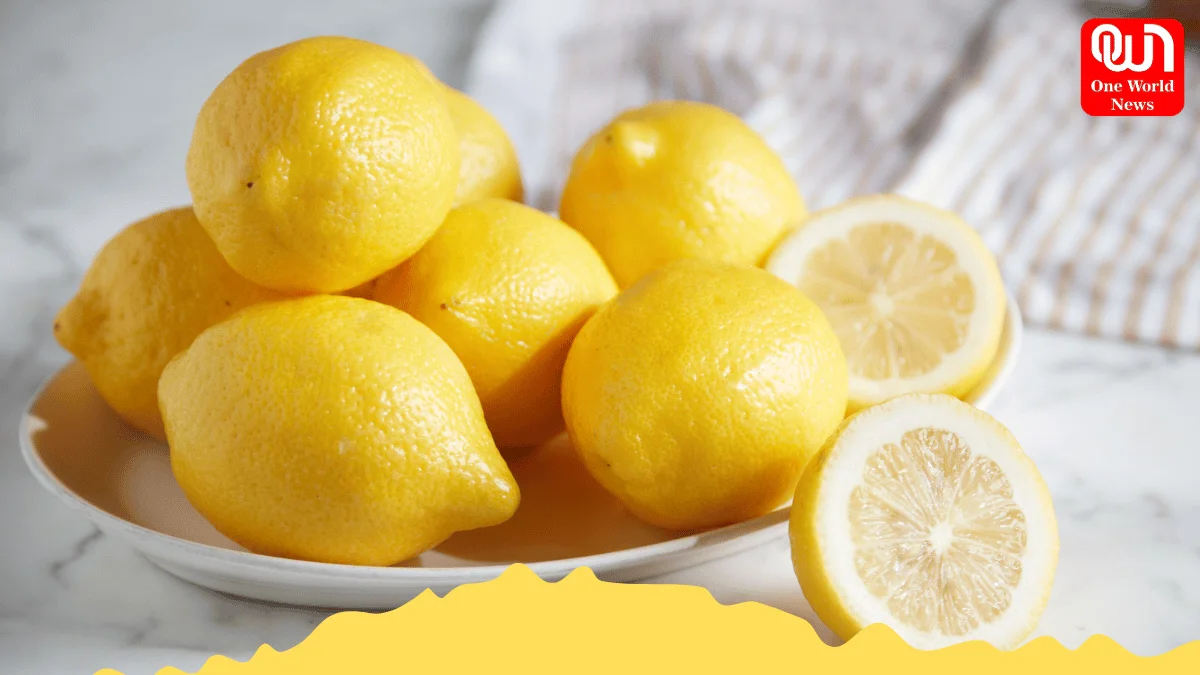5 Surfaces You Should Avoid Cleaning with Lemons in the Kitchen
Lemons are great for many kitchen tasks but avoid using them on marble, wooden cutting boards, aluminum cookware, nonstick pans, and stainless steel to prevent damage.
5 Kitchen Surfaces You Should Never Clean with Lemons: Tips for Protecting Your Marble, Wood, Aluminum, Nonstick, and Stainless Steel Items
Most people have heard about cleaning with lemons because its acidity and freshness give it a natural cleaning effect. Nevertheless, despite their effectiveness in many areas, there exist specific parts of a kitchen that are better left untouched by lemons. Here are five things you should never clean with lemons in your kitchen:
:strip_icc()/BHG-things-you-should-never-clean-with-lemon-281474979479538-hero-0388-583740ae818d43cfb417d9f25a52b8a3.jpg)
Read more: Know About Tulsidas Day 2024: Date And Significance Of The Festival Related To The Reverent Saint
- Marble Countertops: Marble is a nice and strong material, but in the same time, it reacts very aggressively to any type of acid. Lemons contain a certain level of acidity and when carried out on the marble, can cause it to lose its shine. To clean the marble countertops, only use a pH neutral cleaner which is designed for cleaning stone surfaces in order to keep them shining.
2. Wooden Cutting Boards: Lemons have an acidic property that may make the wooden cutting board to swell or crack owing to the fact that wooden cutting boards are known to easily absorb liquids. Do not rinse your wooden boards with lemon juice instead clean the boards with warm, soapy water and for better care you can go for mineral oil.
3. Aluminum Cookware: Lemon juice is corrosive to aluminum because it chemically reacts with it thus causing discoloration and pitting. This reaction may alter the look and performance of your cookware. Aluminum pots and pans require mild dish soap, and you have to avoid acidic cleaners because they will cause harm to the finish.
Read more: The Hidden Risks of Frequent Frozen Food Consumption: What You Need to Know
4. Nonstick Cookware: Lemon juice contains some level of acid and this is capable of eroding the nonstick surface of pots and pans causing it to peel or flake off. While cleaning nonstick cookware, one should use only soft sponge which should be dipped in warm water mixed with a gentle dish washing soap.
5. Stainless Steel Appliances: While lemons are potent degreasers, their use on stainless steel appliances is not advisable since they remove the protective coating thus causing discoloration and rusting. Stainless steel should be washed with a solution made of mild soap and water, and must be wiped dry to prevent spots.
We’re now on WhatsApp. Click to join
It is important to avoid using lemons on these surfaces in order to maintain the beauty of the kitchen as well as the quality of cookware and countertops.
Like this post?
Register at One World News to never miss out on videos, celeb interviews, and best reads.








